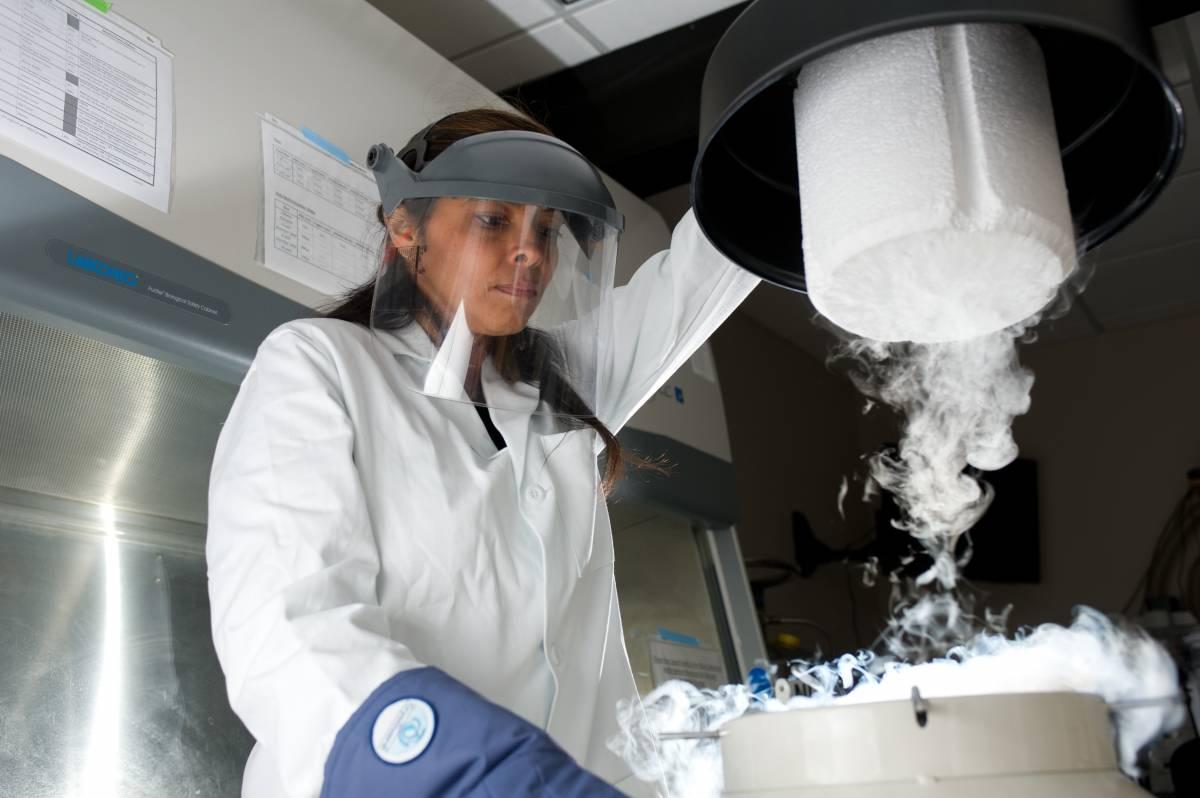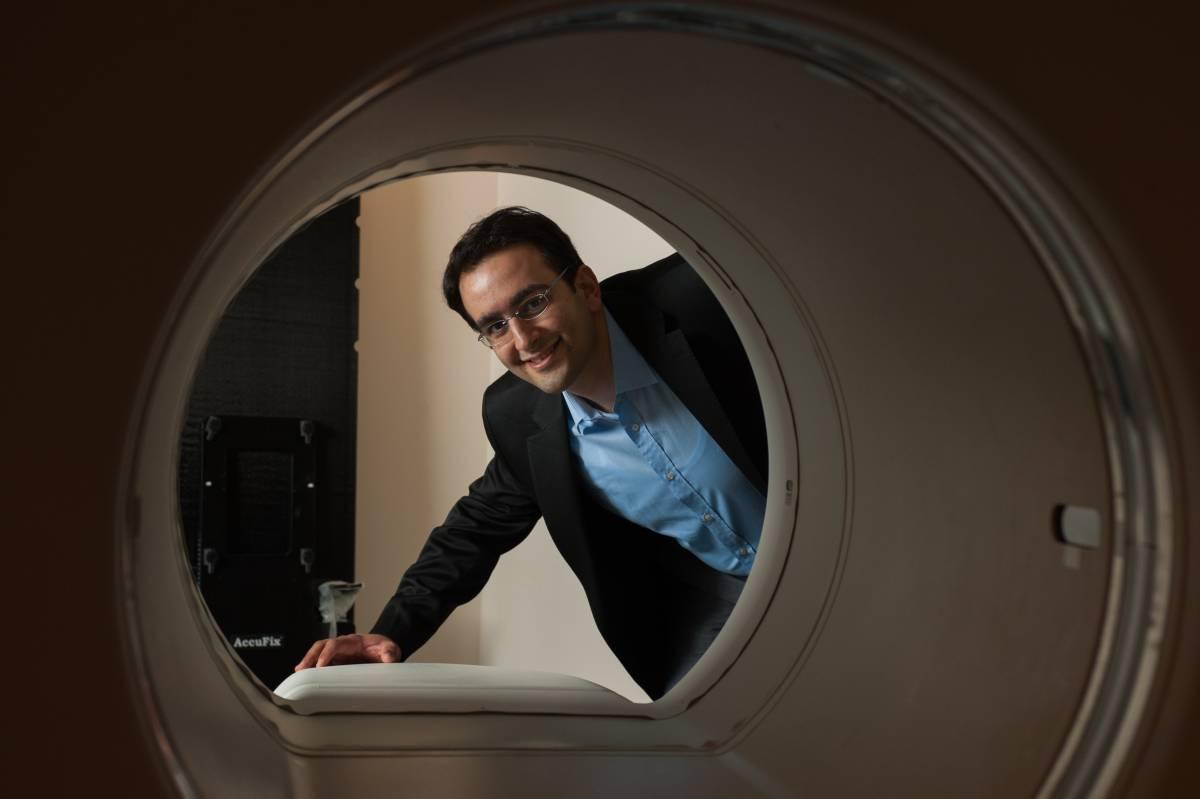This June, Georgia Tech joins the nation in celebrating Cancer Survivor Month, a time each year that commemorates cancer survivors and caregivers.
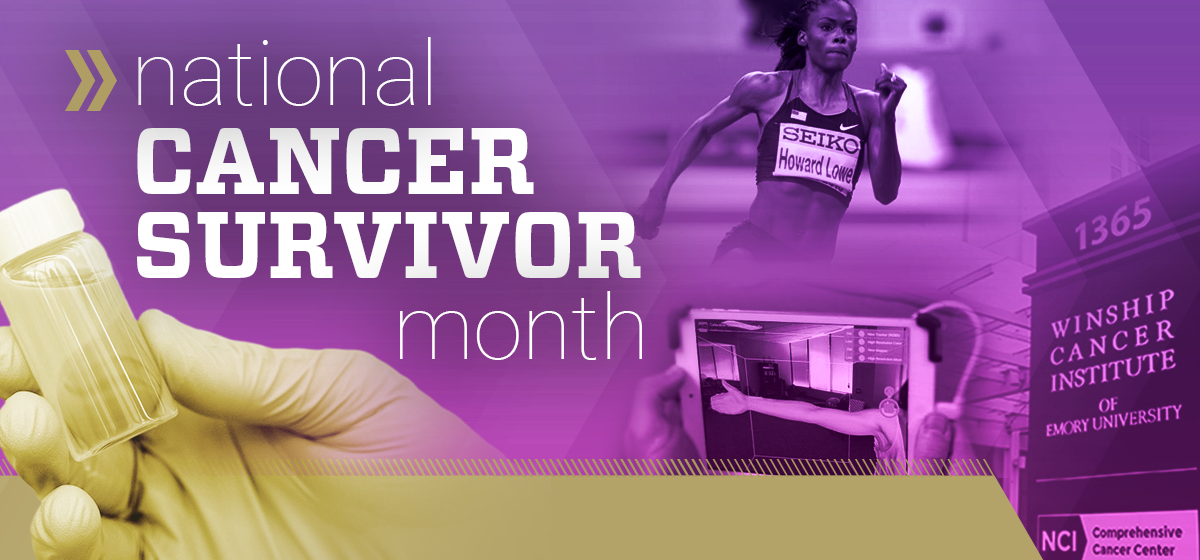
Cancer survivors include those who have just been diagnosed, as well as those post-treatment, navigating the difficulties of their return to regular activities. Working to understand the hardships that cancer survivors face during and after treatment is a critical component of supporting those who are fighting cancer. There are approximately 17 million cancer survivors living in the U.S. today, as well as countless close friends and family members of survivors who supported them, stepping into the role of caregivers and sharing in their loved ones’ battles against cancer.
Organizations such as the American Institute for Cancer Research and CancerCare provide lists of resources on their websites for both navigating the world as a post-treatment cancer survivor and for learning more about the survivorship experience. Lists of resources can be found here.
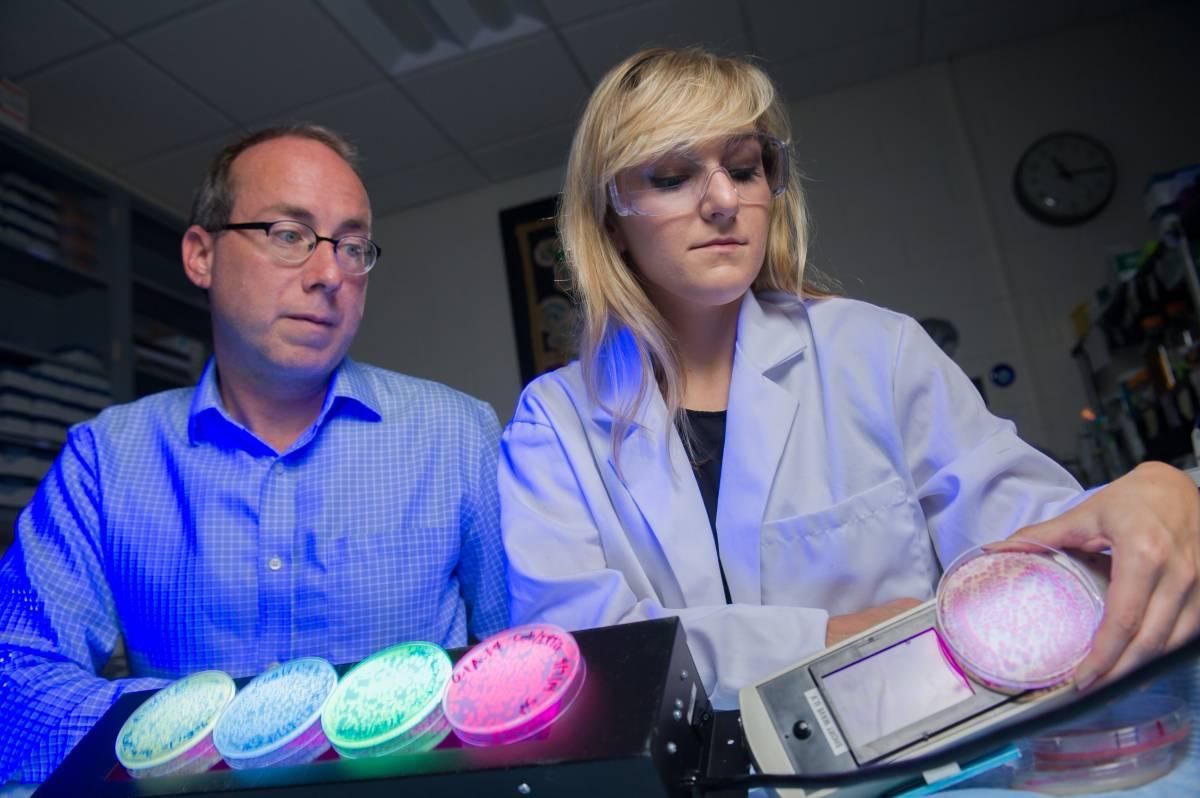
Cancer Survivors Share Their Stories
Georgia Tech students and faculty constantly go above and beyond in the fields of academics and research, but many have done so with the added challenge of being a cancer survivor.
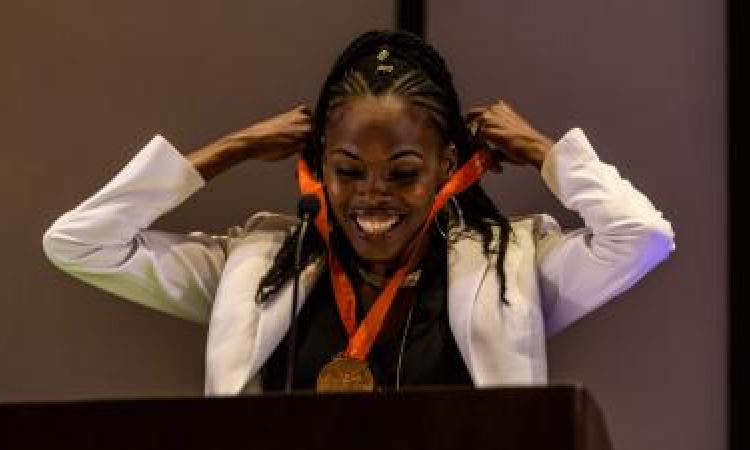
Olympian, Econ Alumna, and Cancer Survivor Chaunté Lowe is Using Her Platform for Good
Tech Alumna and four-time Olympian Chaunté Lowe juggles training for the Tokyo Olympics in her main event, the high jump, and treating breast cancer.
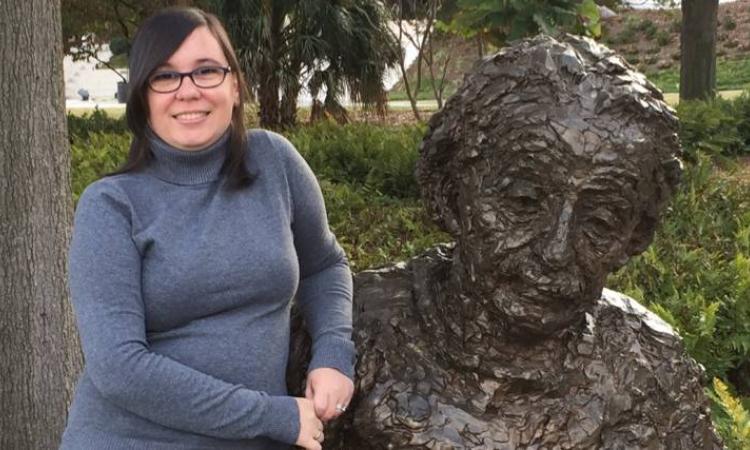
Q&A with Emily Alicea-Munoz
When Alicea-Munoz was diagnosed with breast cancer at just 36 years old, she leaned on a network of doctors, nurses, family, and friends for support. Today, she's in remission and works as an academic professional in the School of Physics, frequently sharing her survivor story with others.
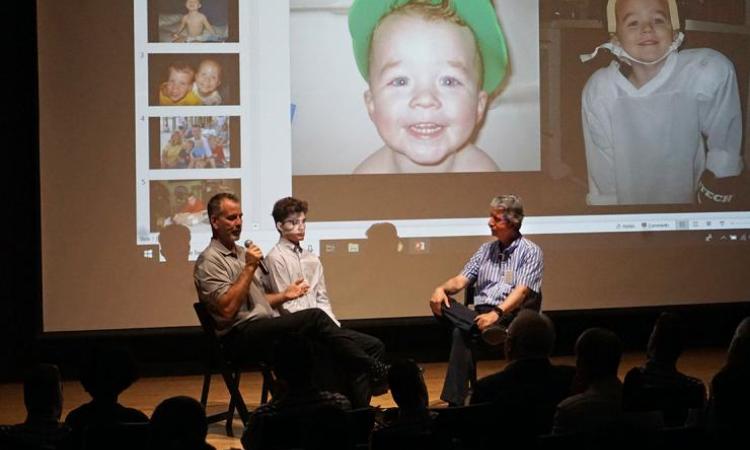
Patient’s Story Inspires Researchers
Putting a face on the struggle of cancer inspires Georgia Tech researchers to continue working on groundbreaking treatments.
Cancer Research at Tech
Georgia Tech’s best-in-class cancer research includes cancer diagnostic and therapeutic work at the Integrated Cancer Research Center, as well as the use of Cell Manufacturing Technologies in the Parker H. Petit Institute for Bioengineering and Bioscience. Some of Tech’s partners include Emory University, whose Winship Cancer Institute is at the forefront of cancer research, and the NSF Engineering Research Center for Cell Manufacturing Technologies, which brings together leading research universities to address cell-based therapeutics for broad industry and clinical use. Follow the discoveries we’re making here at Tech in the stories below.
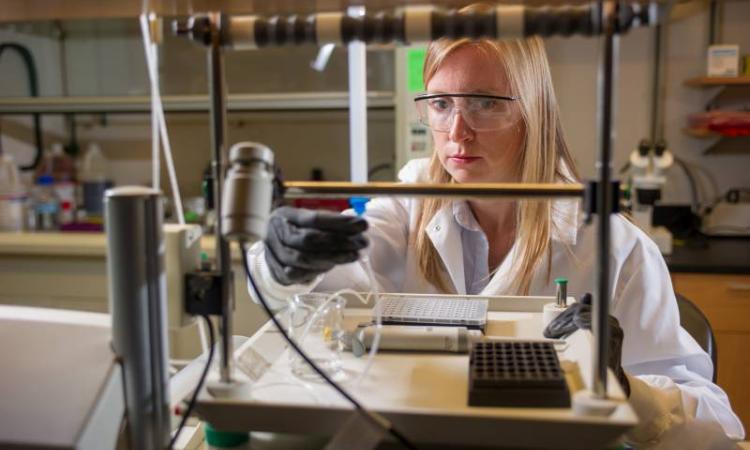
Lymph Nodes and Cancer Immunotherapy
Susan Thomas explores how a blockade of immune checkpoints in lymph nodes through locoregional delivery bolsters cancer immunotherapy.
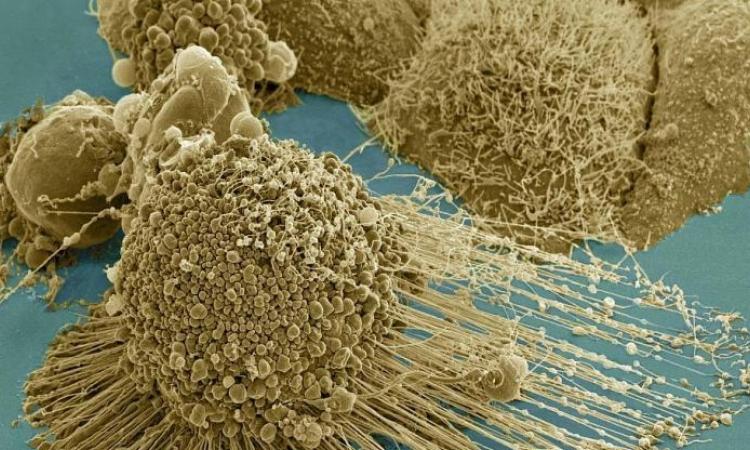
Research Offers New Insights on Risks, Onset, Progression
Georgia Tech’s Integrated Cancer Research Center calls into question old medical hypotheses about genetic predisposition to cancer with their new research, published in Oncotarget.
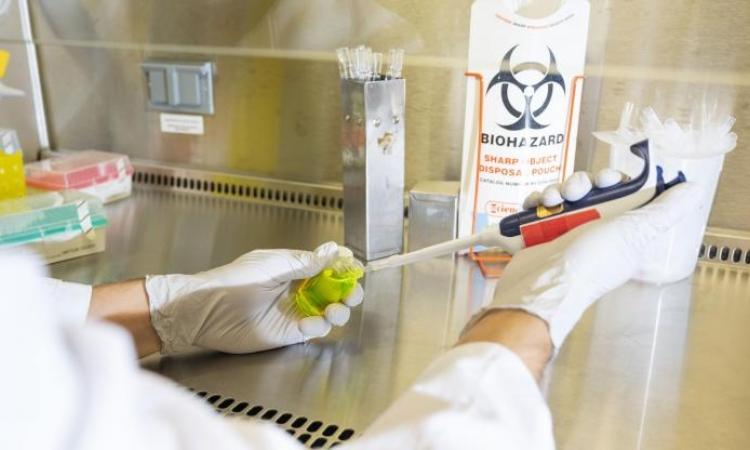
‘Programmable Medicine’ Is the Goal for New Bio-circuitry Research
Gabe Kwong’s lab is working on developing programmable medicine and drugs with the use of analog bio-circuits.
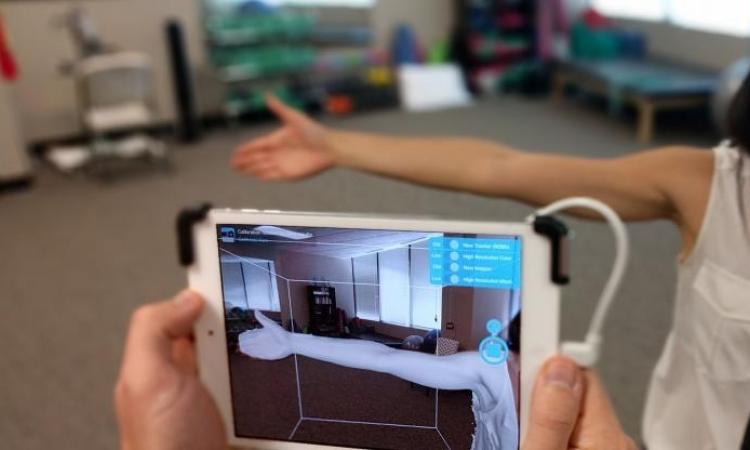
App Detects Harsh Side Effect of Breast Cancer Treatment
Lymphedema can often be a harsh side effect of breast cancer. Today, new detection technology is intended to improve not only patients’ physical health, but also their peace of mind and finances.
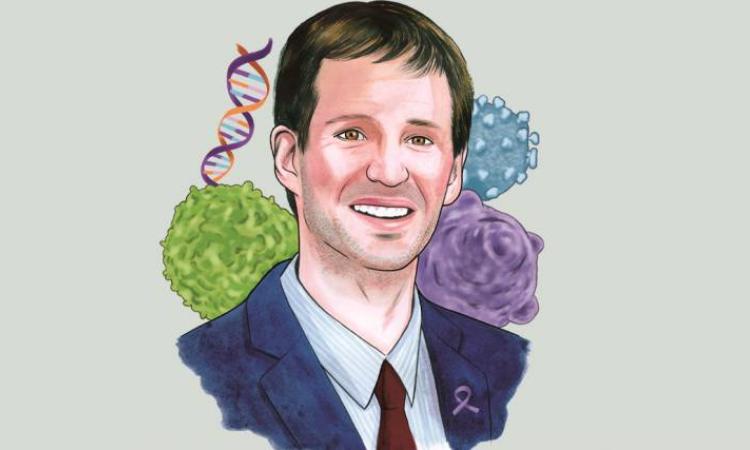
A New Strategy to Fight Cancer
Johnny Blazeck’s research at the intersection of immunology, engineering, and metabolism is creating novel therapies to help cancer patients in the fight of their lives.
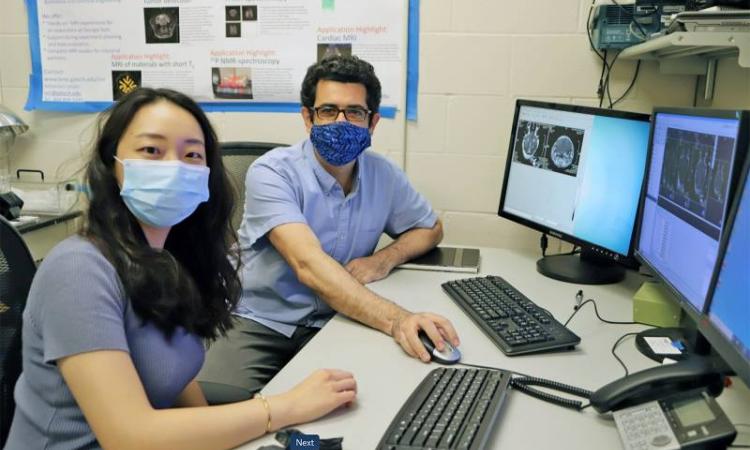
Georgia Tech and Emory Researchers Use Ultrasound to Develop Delivery System
Researchers find a way to treat brain tumors through a combination of ultrasound and nanoparticles, breaching the blood-brain barrier to deliver potent RNA drugs.
